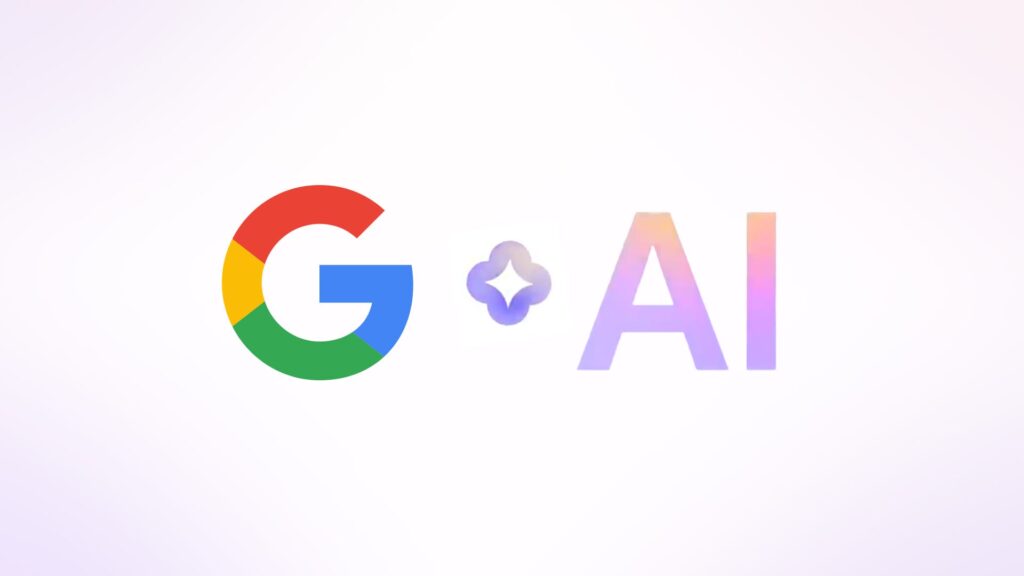Google’s AI “Co-Scientist” Cracks Superbug Mystery That Baffled Scientists for a Decade

In a stunning display of AI’s growing capabilities, Google’s “co-scientist” AI tool has solved a complex scientific puzzle in just 48 hours – a problem that had stumped researchers at Imperial College London for over 10 years. This breakthrough highlights the potential of AI to revolutionize scientific discovery and accelerate breakthroughs in various fields.
Professor Jose R Penades and his team had been investigating the mechanisms behind antibiotic resistance in superbugs. Their research focused on how these bacteria acquire genetic material from viruses, enabling them to spread rapidly between different species and become increasingly resistant to treatment.
Professor Penades, intrigued by the potential of Google’s AI tool, decided to put it to the test. He provided the AI with a brief description of the problem and was astonished when, just two days later, it not only confirmed his team’s findings but also offered four additional hypotheses, one of which had never even been considered by the researchers.
AI as a Research Partner
This remarkable feat was achieved without the AI accessing any of the team’s research data or unpublished papers. Instead, the AI leveraged its ability to analyze vast amounts of data, identify patterns, and draw connections to arrive at the solution.
Professor Penades, initially suspicious that the AI might have somehow accessed his team’s confidential data, contacted Google to confirm the integrity of the process. Google assured him that the AI had worked independently, relying solely on its advanced analytical capabilities.
This breakthrough has sparked discussions about the future of scientific research and the role of AI in the process. While some fear that AI could replace scientists altogether, Professor Penades views it as a powerful tool that can complement and accelerate human efforts. He likens the AI to a “super-smart teammate” that can help researchers explore new avenues and make faster progress.
The Future of AI in Science
This incident underscores the transformative potential of AI in scientific discovery. By rapidly analyzing vast datasets and identifying hidden patterns, AI can help researchers overcome complex challenges and generate new hypotheses, ultimately leading to faster breakthroughs and a deeper understanding of the world around us.
While the implications of AI in science are still being explored, it’s clear that tools like Google’s “co-scientist” have the potential to revolutionize research and accelerate progress in various fields, from medicine and biology to physics and beyond. As AI technology continues to evolve, we can expect even more groundbreaking discoveries and innovations in the years to come.


